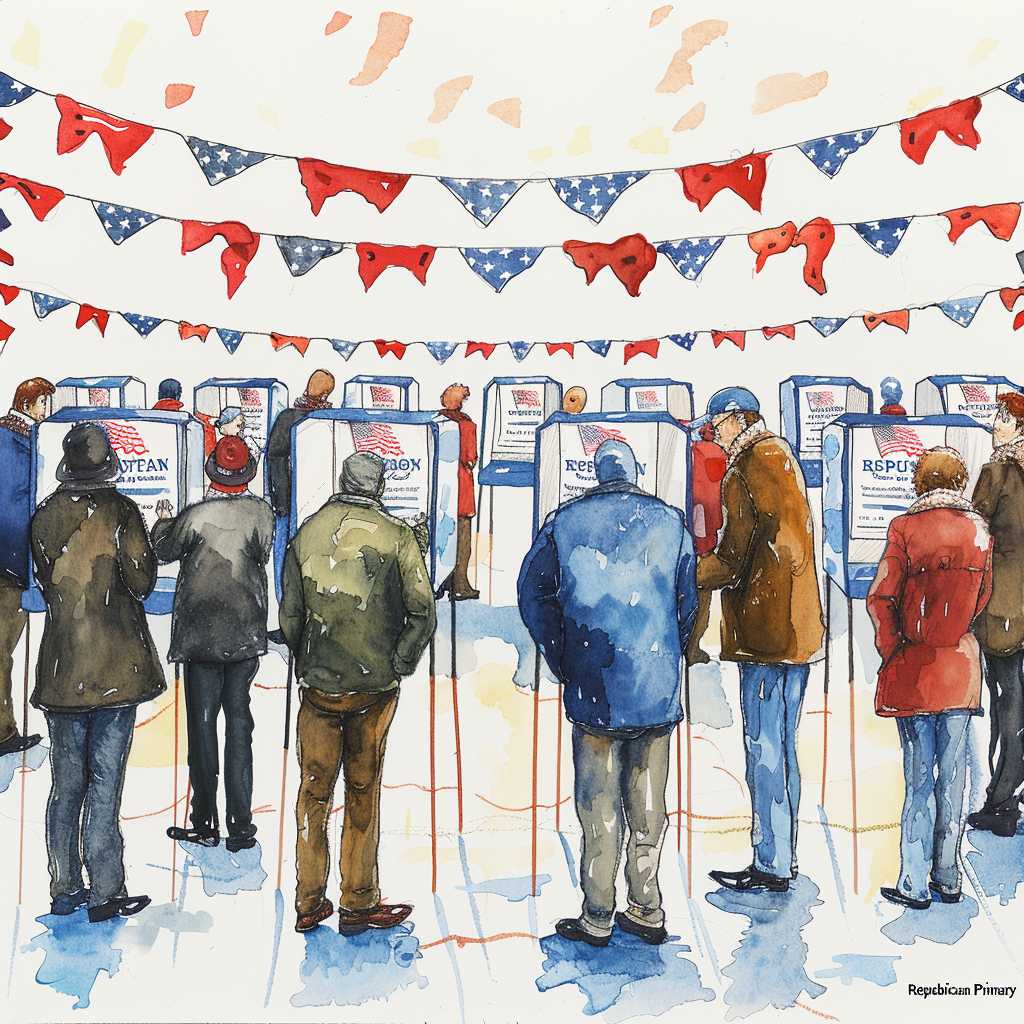The Intricacies of the Republican Primary Process: An Overview
The Republican primary is a key part of the American political process, serving as a system for the Republican Party to select its candidates for various political offices across local, state, and national levels. Held every election cycle, these primaries draw national attention, particularly during presidential election years. The primary process varies from state to state, with some employing a traditional primary election and others using caucuses or conventions. Understanding the Republican primary is essential to comprehend the foundational aspects of American democracy, voting behaviors, and partisan developments.
Foundations of Primary Elections in the United States
Prior to widespread adoption of primary elections, political candidates were typically chosen by party leaders and delegates in a less transparent system. The push for reform led to primaries as a means to increase voter participation and decrease corruption. In the United States, a primary election is carried out by the government and functions much like a general election, whereas caucuses are party-organized meetings where members discuss and vote on candidates.
Republican Primary Mechanisms: Primaries and Caucuses
The rules that govern the Republican primaries can be complex and differ significantly from state to state. Some states hold open primaries where any voter, regardless of party affiliation, can cast a vote for a Republican candidate. Conversely, closed primaries limit participation to only registered Republicans.
Caucuses involve local gatherings of party members who discuss and decide on the best candidate through a series of discussions and straw polls. These tend to be less formal than primaries, with lower turnout but often higher participant engagement.
Delegate Allocation and the Road to Nomination
A key feature of the primary process is the allocation of delegates who will ultimately select the party’s nominee at the Republican National Convention. Different states have different methods for delegate allocation. Some states employ a winner-take-all approach, while others use proportional representation based on the percentage of votes each candidate receives.
Earning delegates is the primary objective for candidates competing in the primaries as they advance towards securing the party’s nomination for the general election. Strategies and campaign focuses can vary greatly depending on whether an individual state’s delegate allotment process leans toward rewarding domination in certain areas or widespread support.
High-Profile Primaries: The Presidential Race
The presidential race’s primaries are high-stakes events that receive significant media coverage and attract voters’ attention nationwide. These serve not just to select candidates but also to shape party platforms and signal voter sentiment on key issues. Consequently, they act as critical gauges of public opinion within the Republican base.
Typically starting in Iowa and New Hampshire, these primaries set the tone for candidates’ campaigns. Momentum gained or lost in early primaries often dictates media narratives and can considerably impact subsequent turnout and voter decisions.
Notable Trends and Impact on Political Landscape
Presidential primaries can define not only campaigns but eras of political realignment within parties. Shifts in voter priorities can mean rises or declines in political fortunes for certain spectrums within the Party – from moderate Republicans to more conservative factions.
Campaign strategies now consider various factors outside traditional vote metrics. Technology, social media influence, grassroots organizing capabilities, and fundraising infrastructures have become just as integral as town hall gatherings and whistle-stop tours once were.
